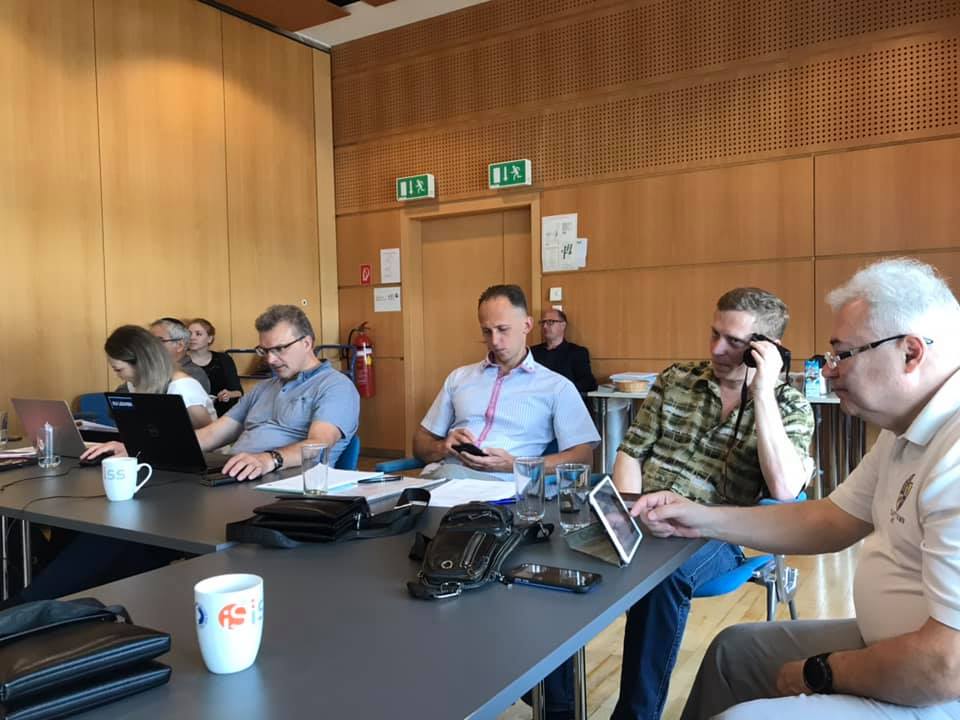[vc_section][vc_row][vc_column][vc_row_inner][vc_column_inner width=”1/4″][vc_single_image image=”2733″ img_size=”full” el_class=”.non-padding” css=”.vc_custom_1572442136367{margin-right: -15px !important;margin-left: -15px !important;}”][/vc_column_inner][vc_column_inner width=”1/2″][/vc_column_inner][vc_column_inner width=”1/4″][/vc_column_inner][/vc_row_inner][/vc_column][/vc_row][vc_row][vc_column width=”1/4″][vc_column_text css=”.vc_custom_1640262561560{margin-left: -15px !important;padding-top: 5px !important;}”] Syllabus
Moodle
Learning materials
[/vc_column_text][/vc_column][vc_column width=”3/4″][vc_column_text]
Learning outcomes:
Purpose of studying the discipline –
– mastering the mathematical apparatus necessary to study general engineering and special disciplines, developing the ability to consciously perceive mathematical material characteristic of the specialty of a modern engineer in the field of biomedical engineering and electronics;
– mastery of the basic mathematical methods necessary for the analysis and modeling of devices, processes and phenomena, the search for optimal solutions in order to increase production efficiency and choose the best ways to implement these solutions, process and analyze the results of experiments.
Competencies:
The ability to solve complex non-standard problems in the field of electronics, telecommunications and nanotechnology, providing for research and / or innovation when applying the methods and principles of digital processing of signals and images.
Components of mathematical competence:
– procedural – the ability to solve typical applied problems of linear algebra; Fourier series and Monte Carlo method;
– logical – possession of the deductive method of proving and refuting statements;
– technological – possession of modern information and communication technologies to support mathematical activities, in particular, computer mathematics systems;
– research – knowledge of research methods of applied problems by mathematical methods;
methodological – the ability to evaluate the appropriateness of using mathematical methods to solve applied problems.
[/vc_column_text][/vc_column][/vc_row][/vc_section]

